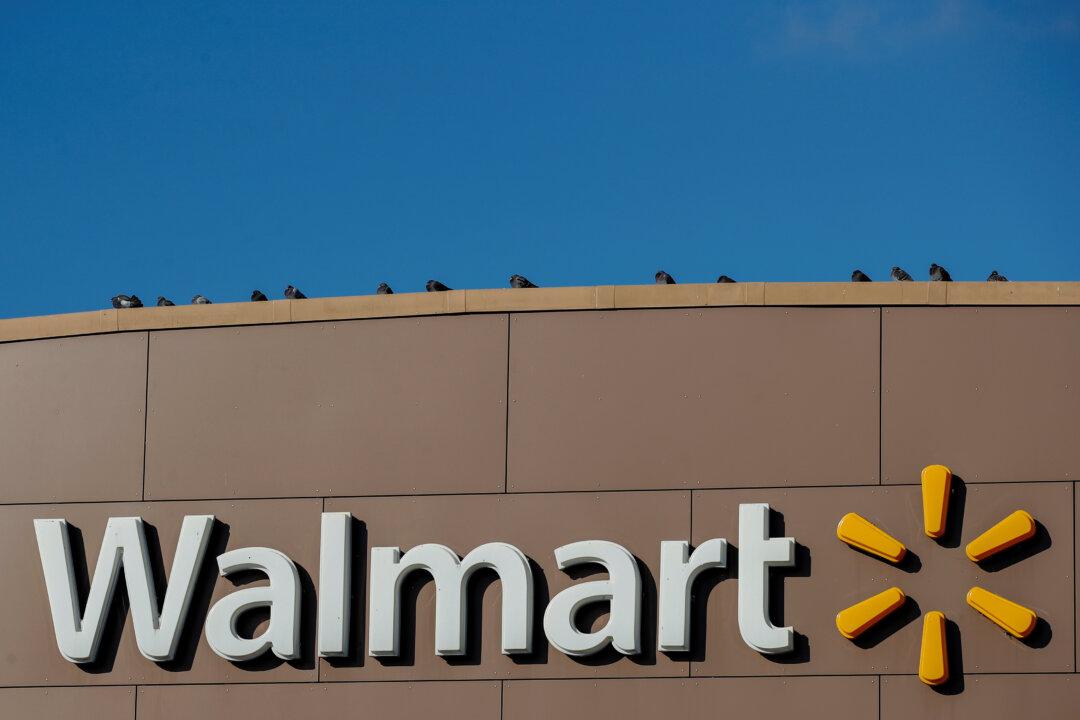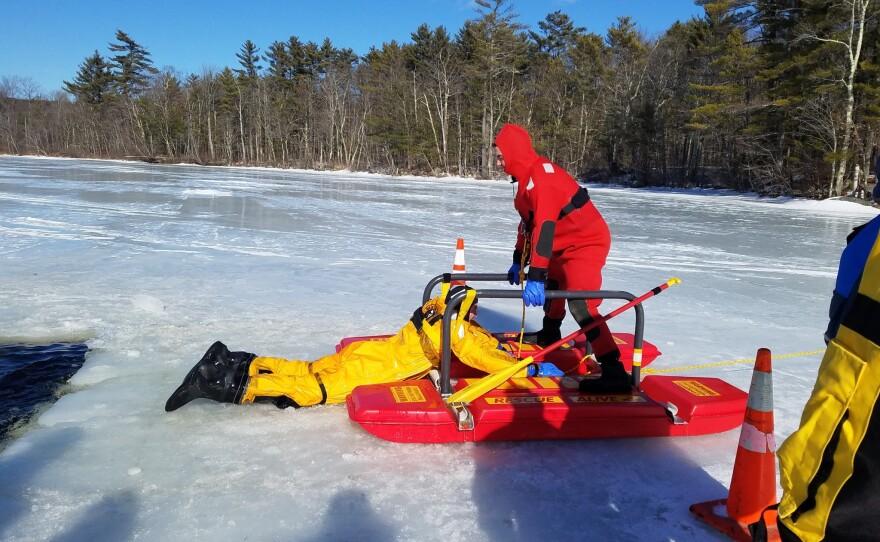The U.S. Centers for Disease Control and Prevention says certain whole and pre-cut cantaloupes are linked to a salmonella outbreak that has sickened dozens of people in 15 states.
At least 43 people in 15 states have been infected in the salmonella outbreak, with 17 people hospitalized, the CDC announced Nov. 17. No deaths have been reported.




